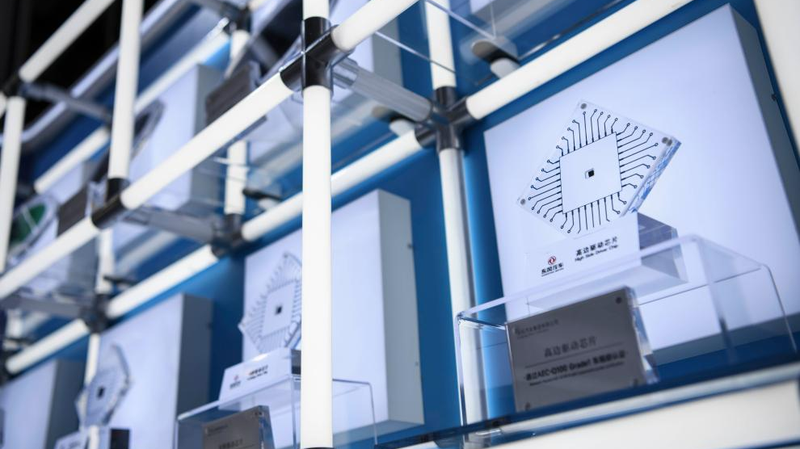US Escalates Chip Sanctions on Huawei’s Ascend AI Series
On May 21, the U.S. Department of Commerce once again wielded its sanctions baton, adding Huawei’s Ascend series of AI chips to its blacklist. Framed as enforcement of export controls, the move sent shockwaves through global tech circles, highlighting the escalating tensions in semiconductor innovation.
Aiming to Preserve Tech Supremacy
For decades, the U.S. has led breakthroughs in core technologies, but rapid advances in AI and chip design across the Chinese mainland have challenged that status quo. Analysts estimate the global AI chip market could exceed $100 billion by 2025, with the Chinese mainland as a key growth driver.
Ripple Effects on Global Supply Chains
Semiconductor supply chains span continents, from design hubs in Silicon Valley to fabrication plants across Asia. Washington’s long-arm jurisdiction and unilateral sanctions risk disrupting this finely tuned ecosystem, potentially delaying product rollouts and driving up costs for businesses worldwide.
Politicizing Trade and Tech
Instead of fostering collaboration, the latest U.S. measures weaponize export controls in trade negotiations, seeking leverage at the expense of open markets. By linking sanctions to broader tariff discussions, Washington deepens mistrust and sidelines constructive dialogue, ultimately harming companies and consumers on both sides.
Industry and Policy Path Forward
As stakeholders scramble to adapt, many are calling for a balanced, rules-based framework that safeguards security while encouraging shared innovation. For young entrepreneurs, digital nomads, and global citizens alike, this chip saga is a stark reminder: in today’s interconnected economy, cooperation often beats coercion in driving real-world impact.
Reference(s):
cgtn.com




